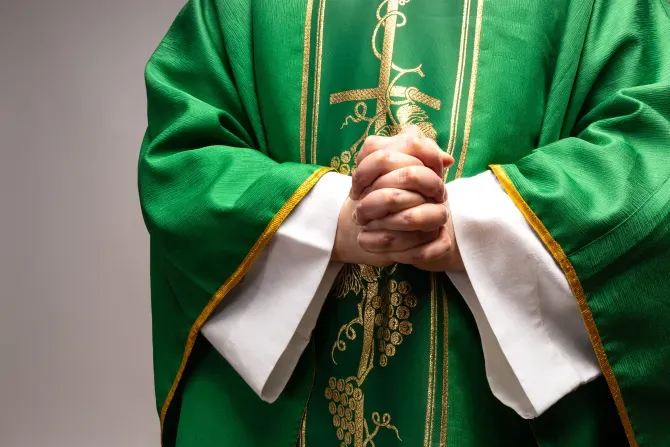Vatican, 07 August, 2023 / 8:07 pm (ACI Africa).
Spiritual worldliness is one of the most dangerous temptations facing priests and the Church because it “reduces spirituality to appearance” while disconnecting it from the Gospel, Pope Francis warned in a recently released letter to the priests of Rome.
“[Spiritual worldliness] leads us to be ‘workers of the spirit,’ men clad of sacred forms that actually continue to think and act according to the fashions of the world,” the pope wrote.
The pope’s message was communicated in a lengthy letter released by the Vatican on Monday but which was dated Aug. 5, the memorial of the Dedication of the Basilica of St. Mary Major in Rome. The pope is the bishop of Rome and wrote the letter to provide what he described as the comfort of a “fraternal encounter.”
In his comments on spiritual worldliness, the pope drew heavily from the reflections of 20th-century theologian and cardinal Henri de Lubac, who wrote that the invasion of spiritual worldliness into the life of the Church would be “infinitely more disastrous than any simple moral worldliness” because spiritual worldliness “corrupts [the Church] by undermining her very principle.”
Pope Francis wrote that spiritual worldliness begins to take hold in the lives of priests not only through temptations to mediocrity, power and influence, and vainglory but also “from doctrinal intransigence and liturgical aestheticism,” which have the appearance of religiosity and even loving the Church but instead seek human glory and personal well-being.








